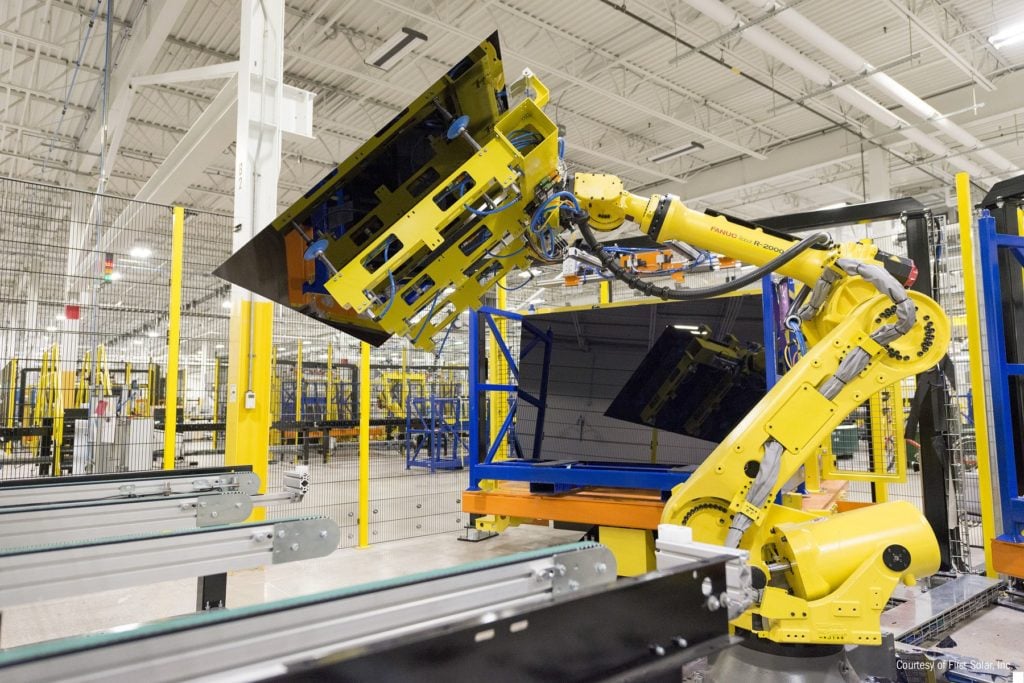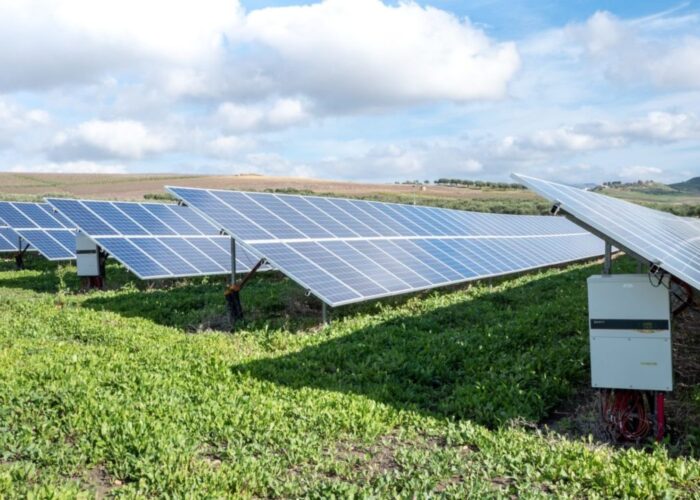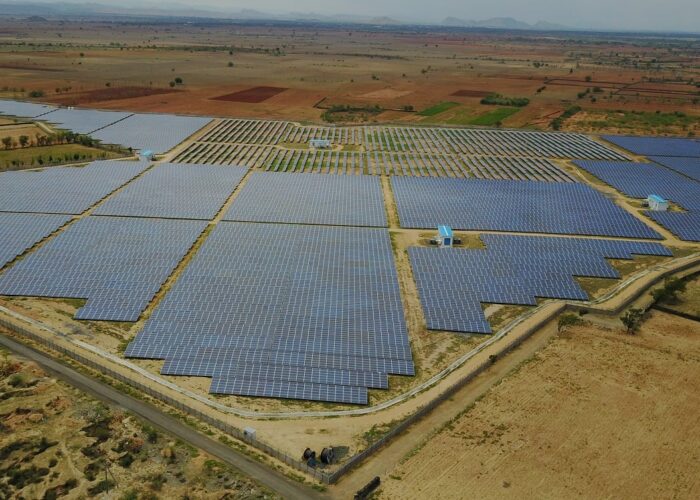
A US development agency has approved up to US$500 million of debt financing for First Solar to support the manufacturer in setting up a thin film module production plant in India.
The US International Development Finance Corporation (DFC) will provide the loan for the US-headquartered company’s 3.3GWdc module assembly facility in the state of Tamil Nadu that First Solar previously said would require an investment of US$684 million.
Unlock unlimited access for 12 whole months of distinctive global analysis
Photovoltaics International is now included.
- Regular insight and analysis of the industry’s biggest developments
- In-depth interviews with the industry’s leading figures
- Unlimited digital access to the PV Tech Power journal catalogue
- Unlimited digital access to the Photovoltaics International journal catalogue
- Access to more than 1,000 technical papers
- Discounts on Solar Media’s portfolio of events, in-person and virtual
Ground works were recently completed at the plant, which is due to begin commercial operations in the second half of 2023 and sell most of its output into India’s solar market.
First Solar CEO Mark Widmar said the DFC’s intent to support the facility has the potential to create a “repeatable blueprint for enabling the clean energy ambitions of likeminded nations”. The loan represents the DFC’s largest ever single debt financing transaction.
The investment will promote the DFC’s commitment to diversifying supply chains, the agency said in a press release in which it also noted that First Solar’s thin film modules do not use polysilicon.
Recent months have seen solar modules being held at US borders after the country banned the imports of silica-based products made by Hoshine Silicon Industry and its subsidiaries in response to allegations of the use of forced labour in China’s Xinjiang region. The region accounts for 45% of global polysilicon production, according to research and advisory company InfoLink Consulting.
The DFC’s acting CEO, Dev Jagadesan, said the agency’s support for First Solar’s plant in India will boost solar panel manufacturing capacity “for a key ally and help mobilise the industry to take up better standards that align with US values”, adding “this transaction represents another milestone in the United States’ effort to drive alternative supply chains.”
India’s government is aiming to ramp up domestic solar manufacturing as the country bids to reach a new target of 500GW of renewables generation by 2030. Currently, India’s solar module manufacturing capacity is 8.8GW and cell manufacturing capacity is 2.5GW.
A new production-linked incentive (PLI) scheme to support the domestic manufacture of modules is set to be expanded more than five-fold after the programme received bids for 54.5GW of capacity. The initiative – among a host of Indian solar-supporting policies explored this week by PV Tech Premium – saw 18 bidders submit applications, including First Solar, according to consultancy JMK Research & Analytics.
The Tamil Nadu plant will add to First Solar’s operational solar production plants in Ohio, Vietnam and Malaysia as it looks to reach 16GW of global manufacturing capacity in 2024. The firm revealed earlier this year that it will double its US manufacturing capacity with a 3.3GWdc facility in Ohio that will produce modules for the country’s utility-scale solar sector.
First Solar has recently enjoyed a surge in demand, both in the US and internationally, as it secured its largest supply order to date last month that will see it provide developer Lightsource bp and energy major bp with 5.4GW of its modules.







